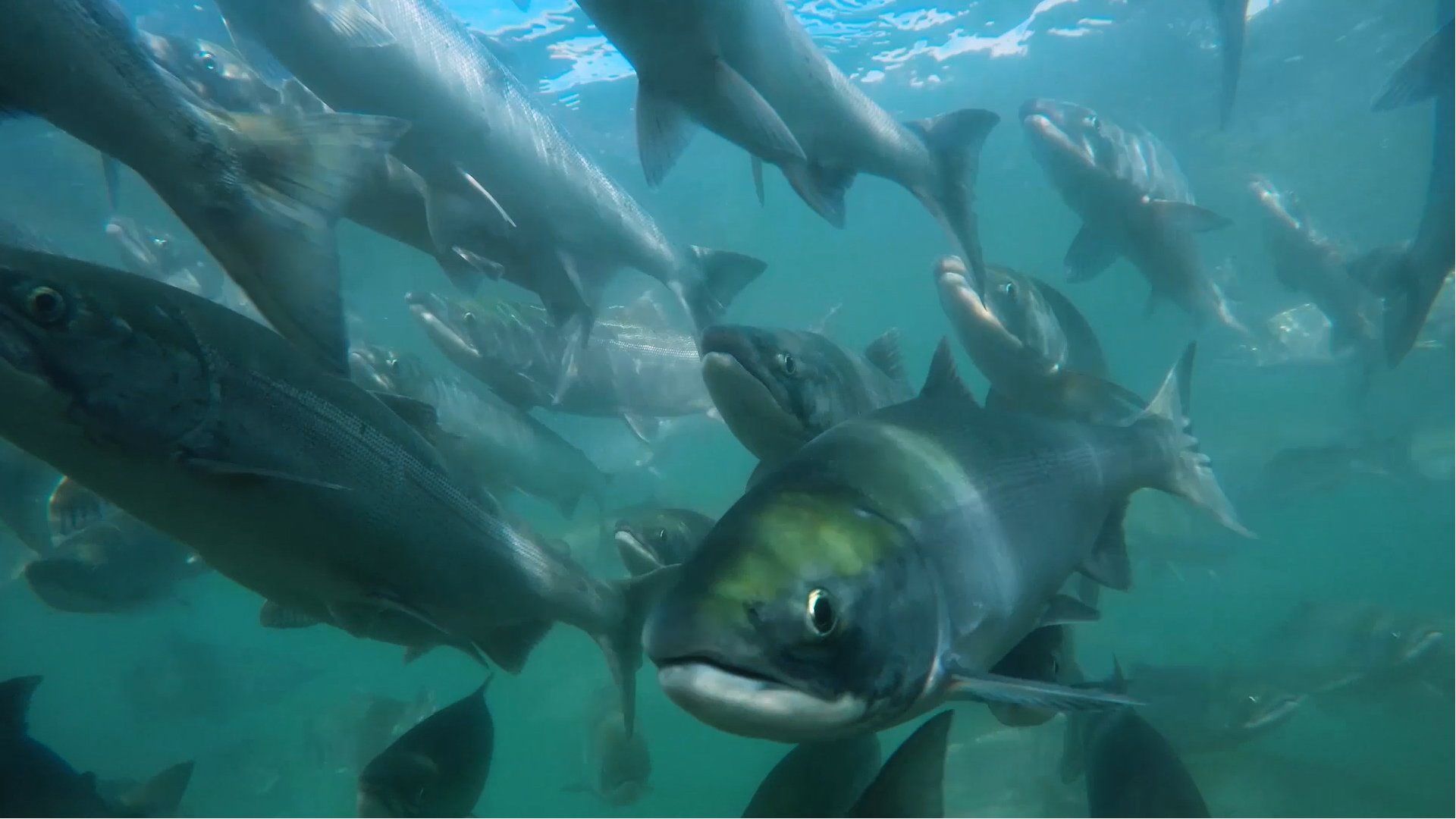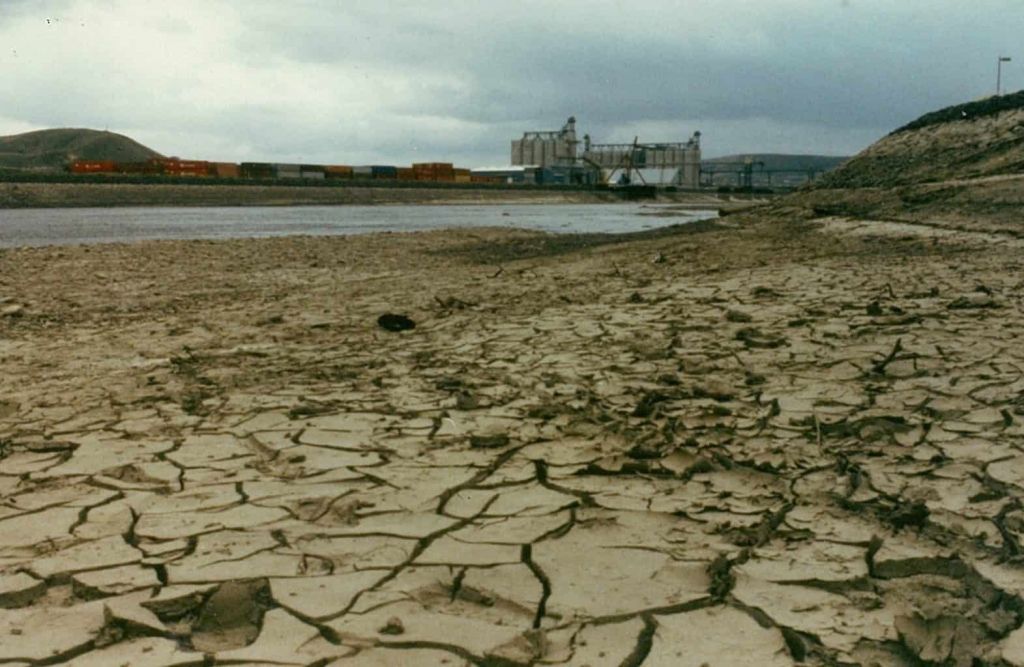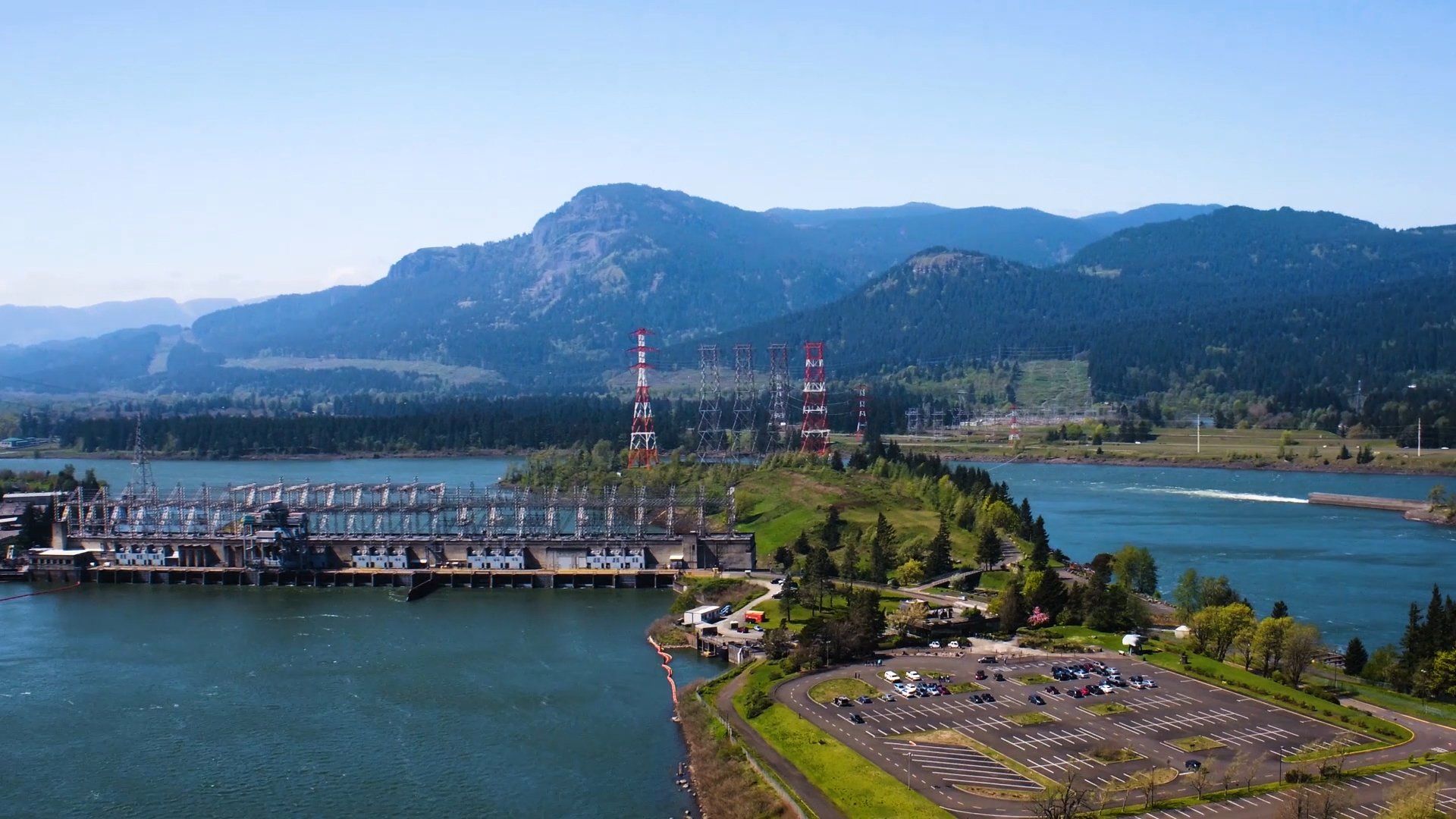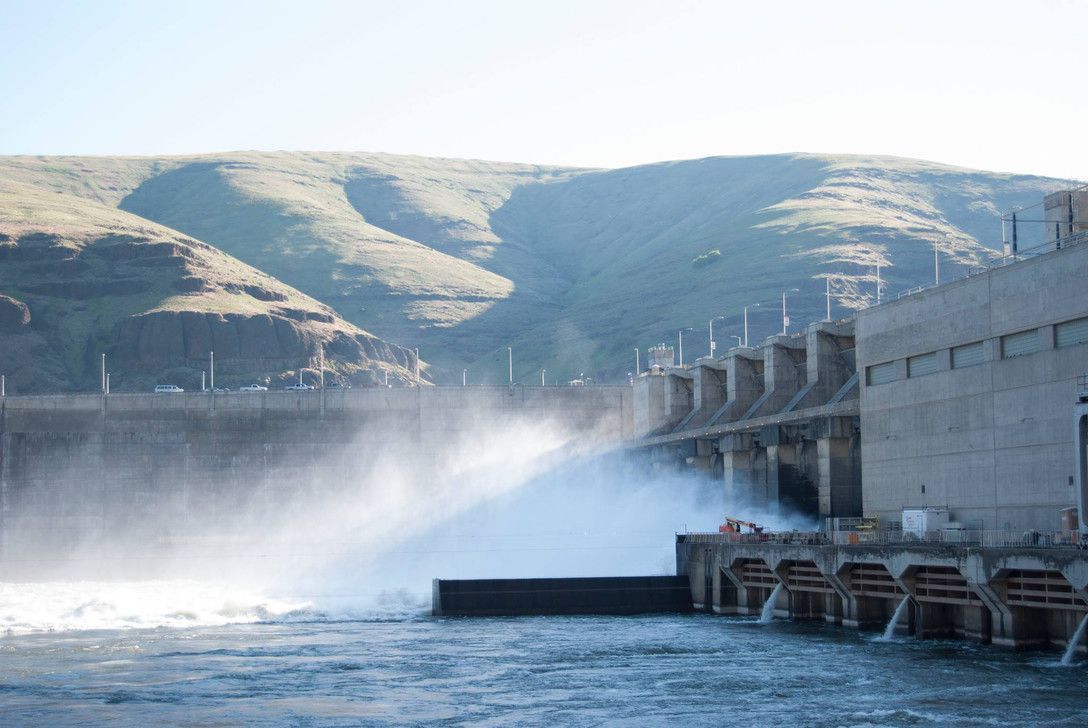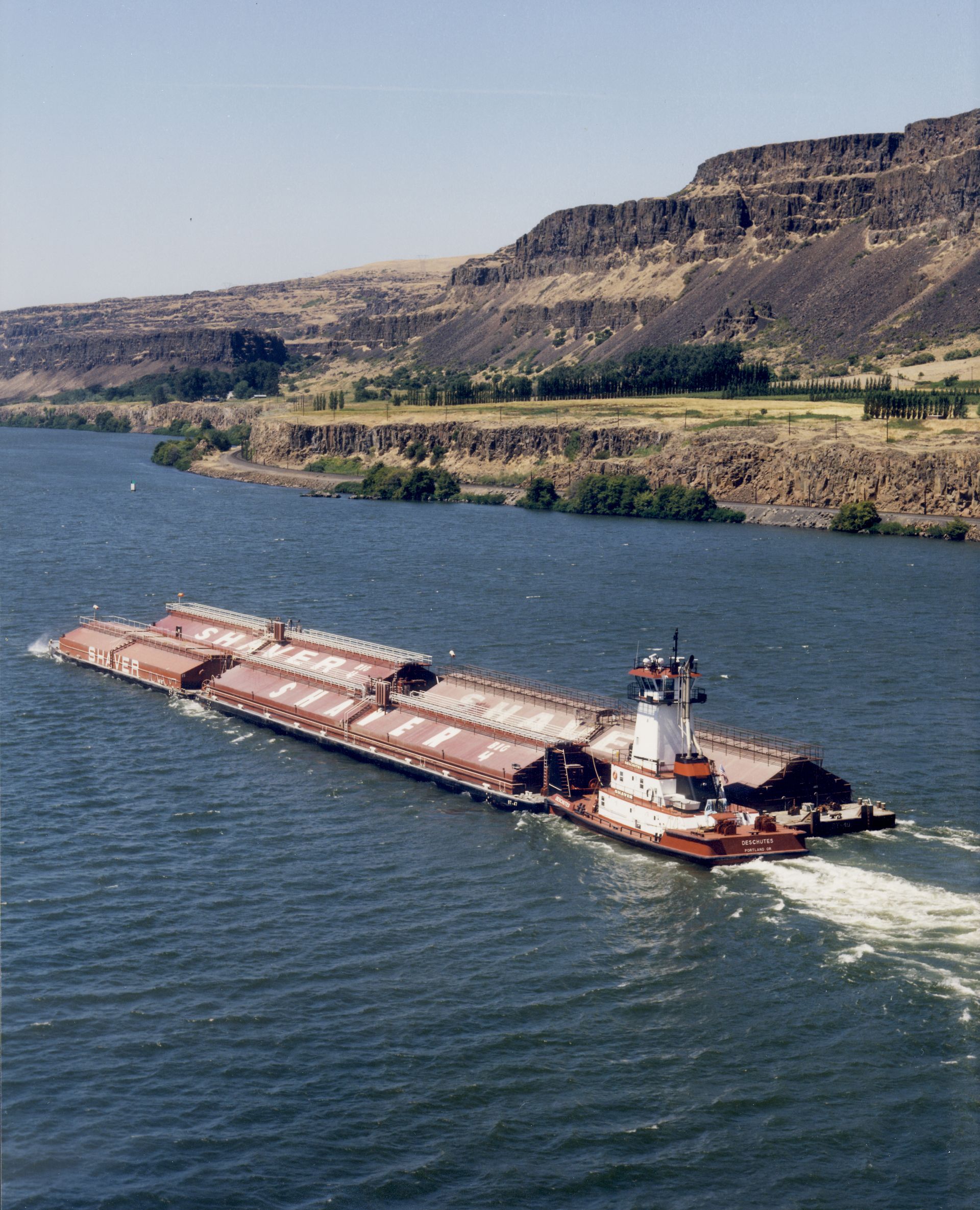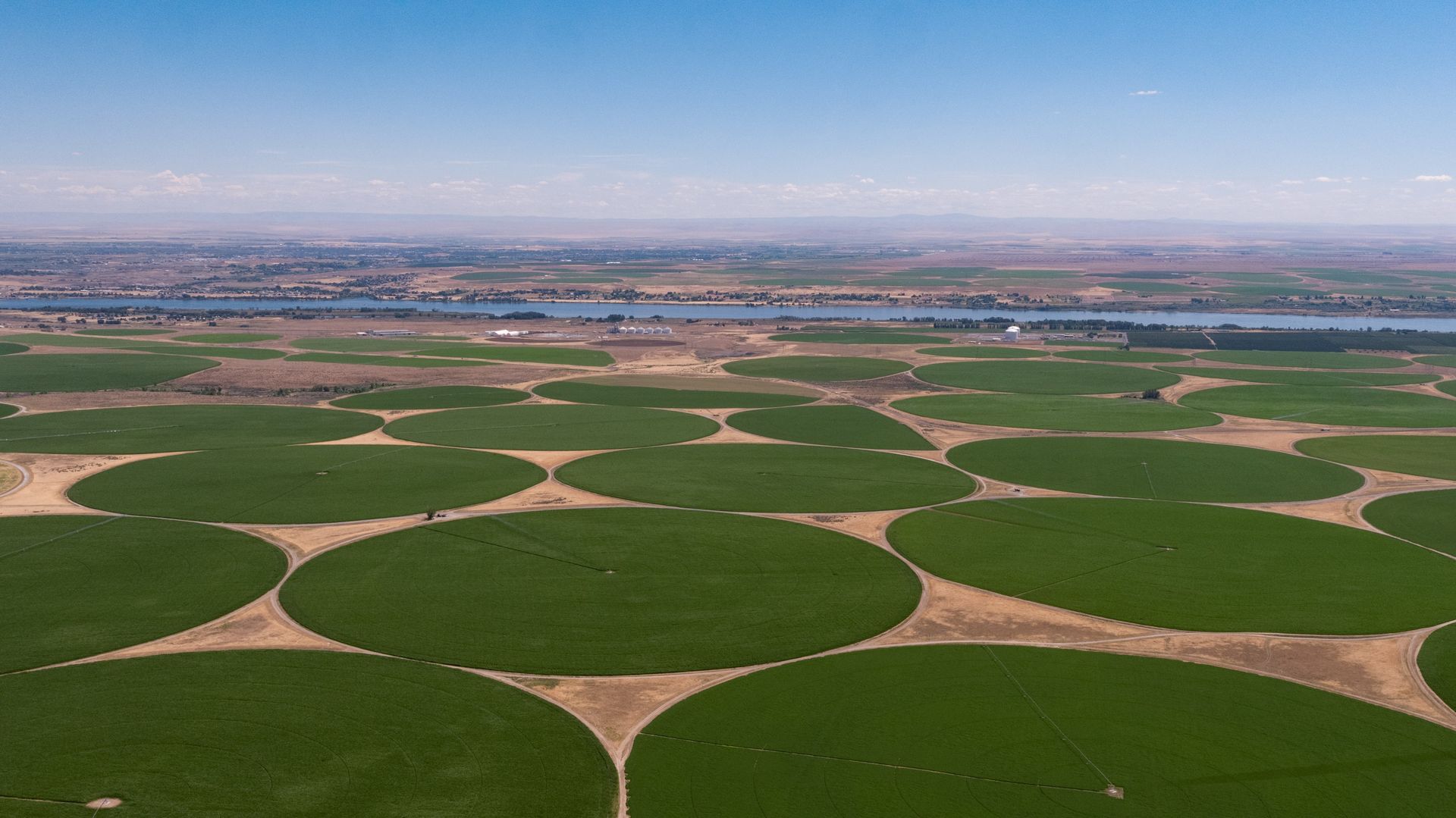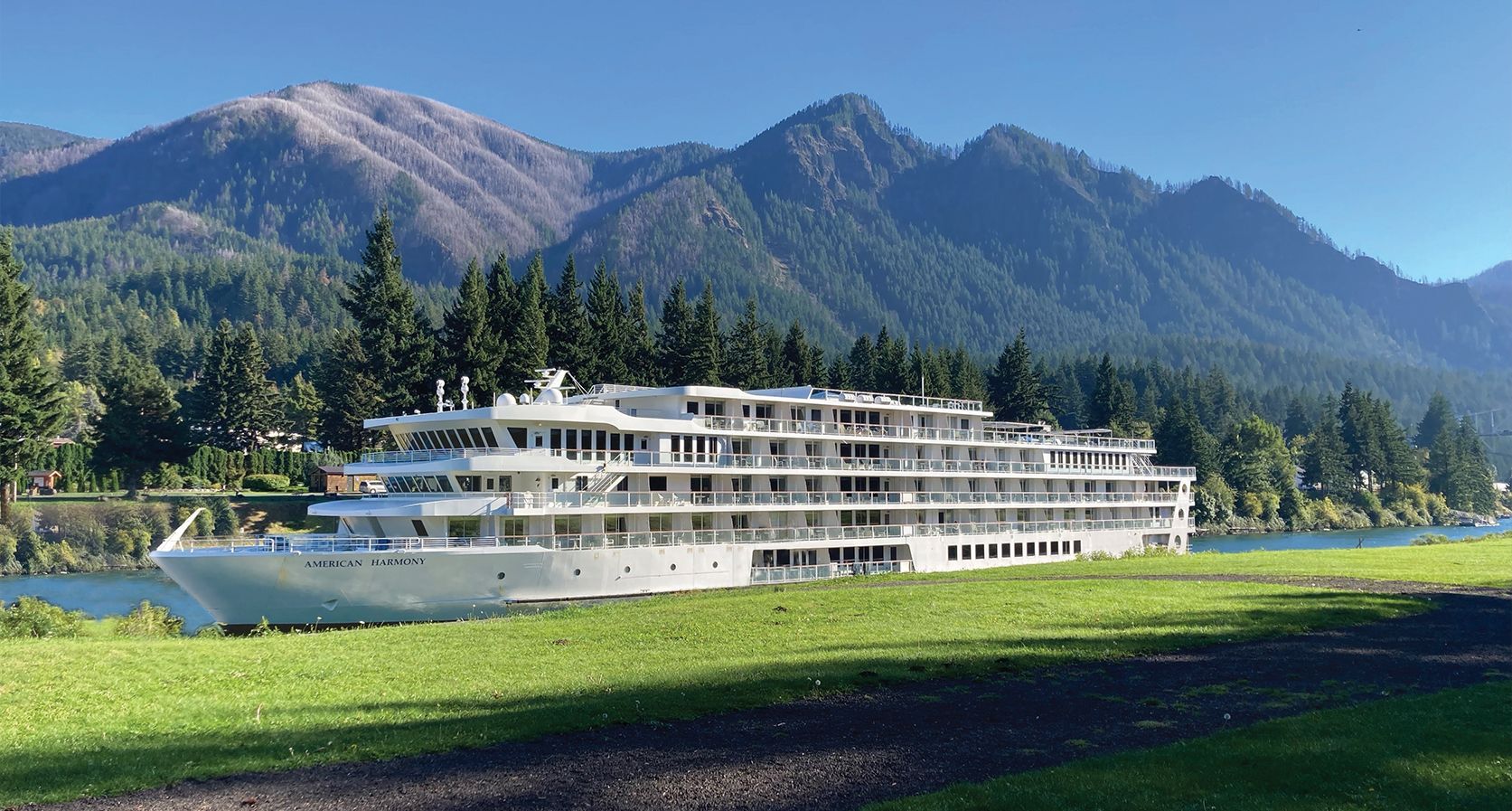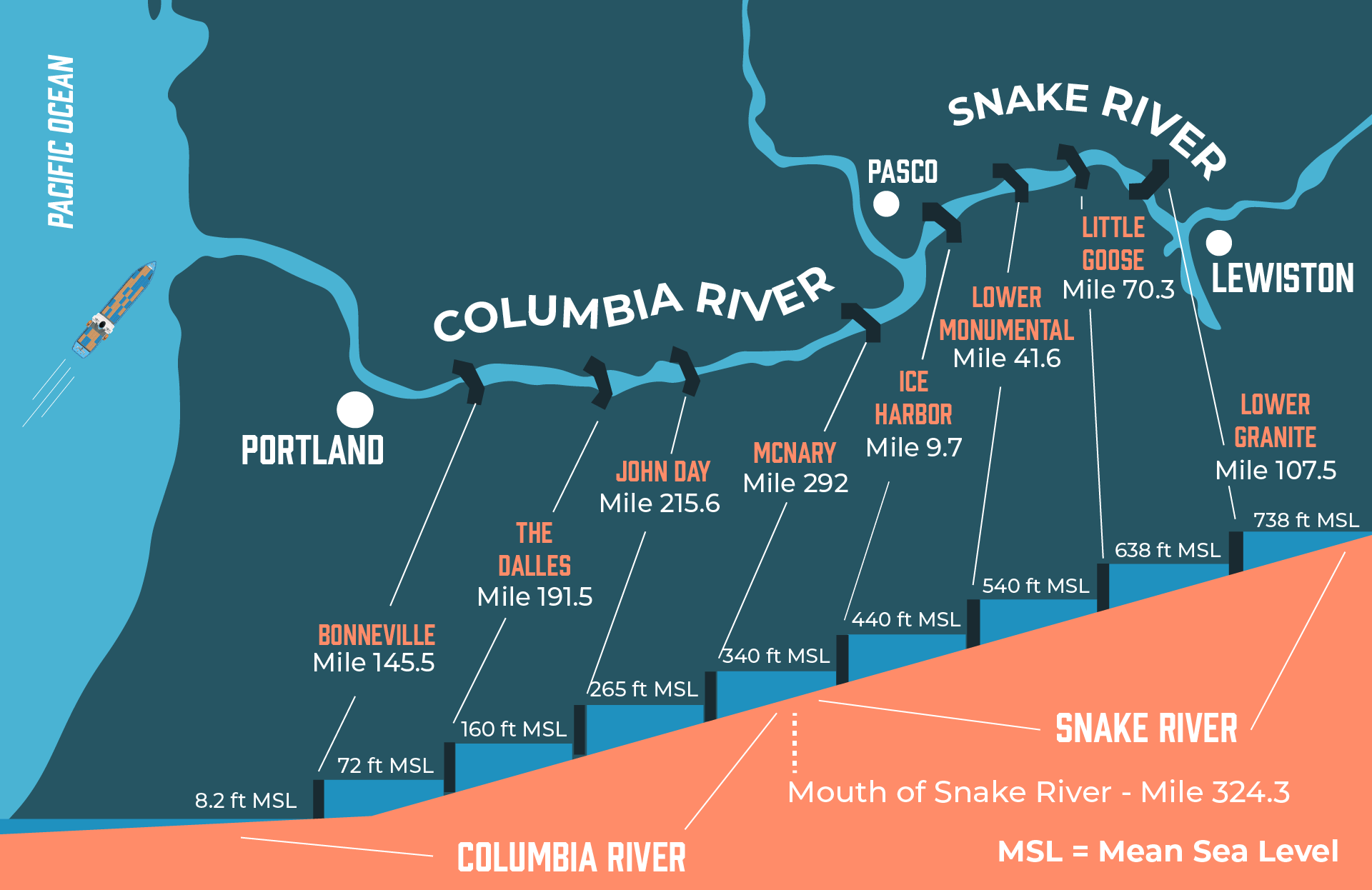Current research is inconclusive regarding possible delayed mortality effects of Snake River dams
Research shows existing science fails to establish the magnitude and mechanism of delayed mortality hypothesis
The Pacific Northwest Waterways Association (PNWA) today released a review of scientific literature which confirms that data is lacking to confirm delayed mortality effects of the Lower Snake River dams (LSRD) on ESA listed fish. Delayed mortality is the scientific hypothesis that proponents of dam breaching rely upon to justify removal of the LSRD, but as demonstrated in the report authored by fisheries scientists at Mount Hood Environmental (MHE), significant questions remain about the concept’s mechanism and magnitude.
“Many of the dam breaching arguments we hear are based on the theory of delayed mortality, which claims that juvenile salmon are weakened as they make their way through the federal dams on the Snake and Columbia rivers and this affects their ability to survive in the ocean,” said PNWA Executive Director Heather Stebbings. “We want the region to truly understand the science on this matter, and where the gaps in information might be.”
MHE examined hundreds of scientific papers produced over a 30-year period and ultimately concluded that evidence supporting delayed mortality is contradictory and inconclusive. While there is some evidence to support the idea that the Federal Columbia River Power System projects could influence ocean survival, there is also a significant body of literature suggesting that the observed effects are caused by other explanatory variables, such as fish size, distance traveled, and ocean conditions.
“Snake River salmon and steelhead abundance depends on many factors,” stated Ian Courter, senior scientist with MHE, “including tributary and estuary habitat conditions, predation, fisheries, and mainstem hydropower dams. We found that delayed mortality may be occurring, but mechanisms are not well-defined, and the magnitude is unknown. Future research should focus on these two key uncertainties to determine whether removal of the LSRD would significantly increase adult fish returns.”
Looking across all of the data, MHE identified three pathways that merit further investigation to address the possible effects of delayed mortality: examining Snake River salmonids for nonlethal injuries when they arrive at the Columbia River estuary to model the potential effect of stress and injury from dam passage; analyzing when juvenile Snake River salmon and steelhead arrive at the estuary; and understanding what relationship may exist between estuary conditions and fish survival in the ocean.
“After 30 years of research, there are many significant questions that remain unanswered regarding the theory of delayed mortality, and we can’t ask our policy makers to make catastrophic decisions such as dam breaching without having all of the information,” stated Stebbings. “PNWA is choosing to focus on science-based efforts that we know will improve conditions for fish, increase populations, open up habitat, and bring more salmon and steelhead back to the Columbia River Basin. We continue to be committed to this comprehensive approach, and to being part of the long-term solution to salmon recovery.”
For the full literature review, please click here.
About Mount Hood Environmental: Mount Hood Environmental (MHE) provides multi-disciplinary research and aquatic services specializing in fisheries, ecology, environmental toxicology, and water quality. MHE has designed and implemented a variety of research projects in the Snake, Yakima, Cowlitz, Willamette, Crooked, Lewis, Sandy, and Deschutes Rivers, and in the Tillamook State Forest. MHE scientists are well versed in all aspects of scientific research, including literature review, study design, data collection and analysis.
